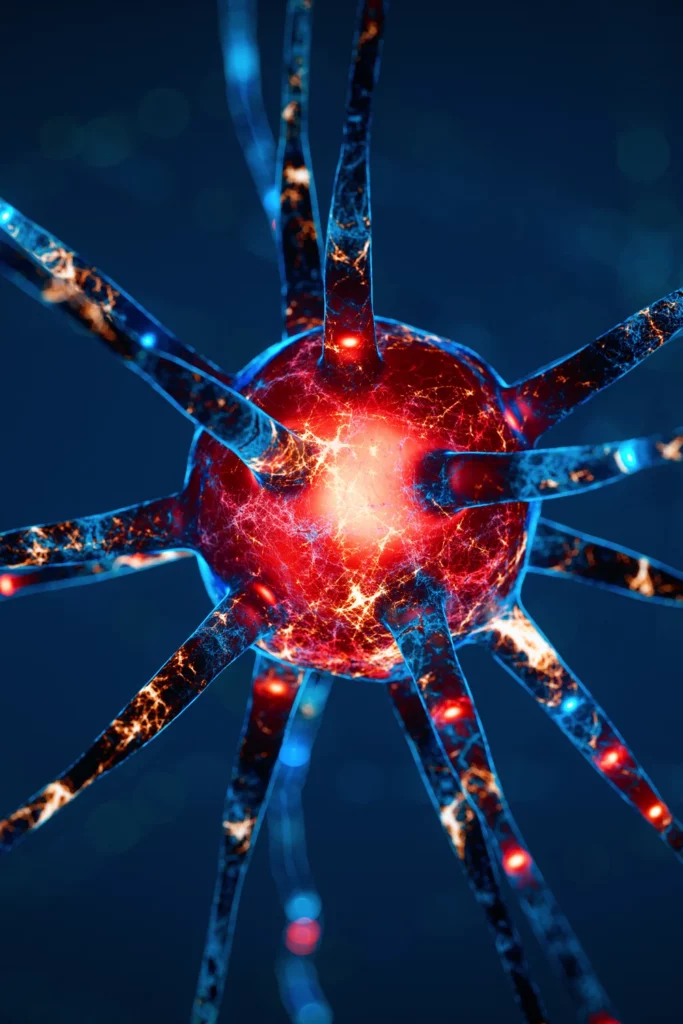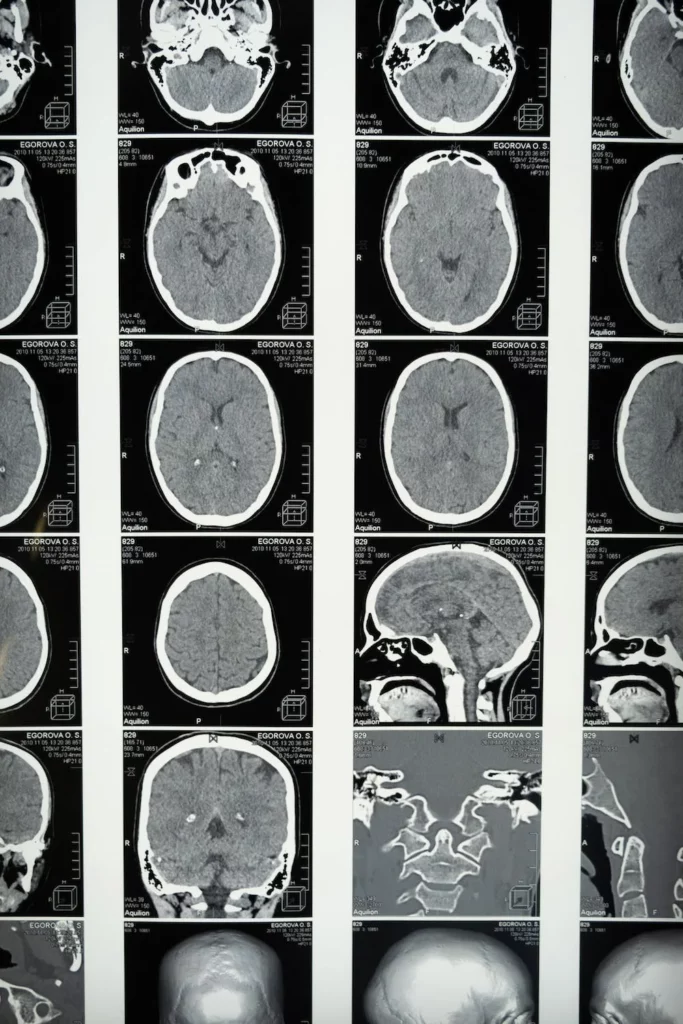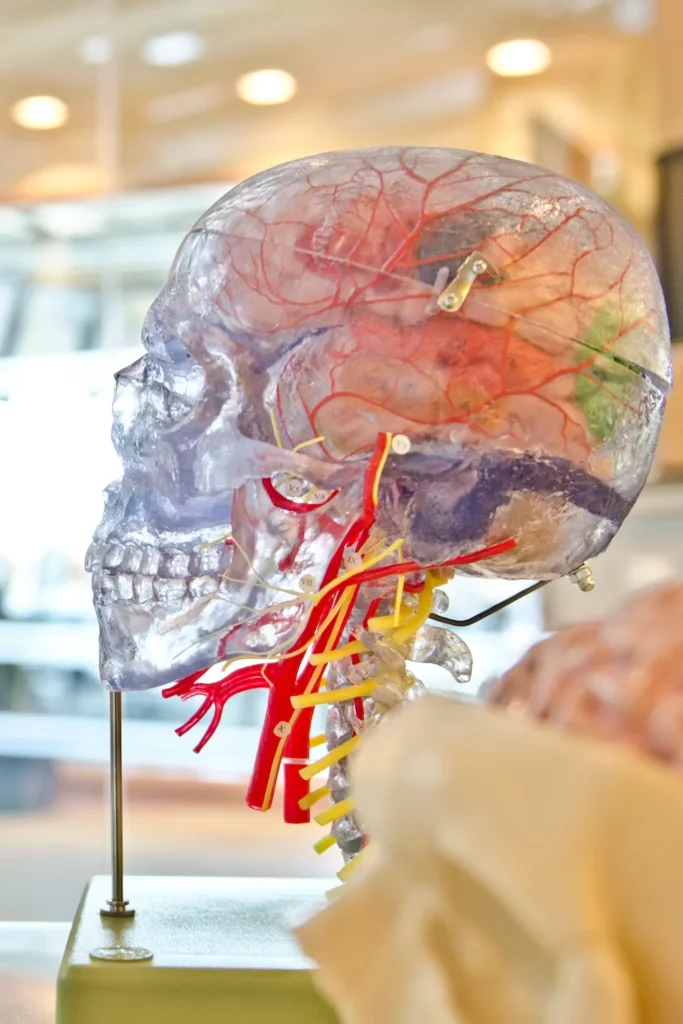Research Themes

Cellular and Molecular Neuroscience
Cellular and molecular neuroscience addresses fundamental questions on the molecular mechanisms by which brain cells receive, process, and transmit information. Research projects are focused on molecular signals that regulate age- and experience-dependent neural plasticity in the function of neural ensembles. The neurobiological tools used to investigate these research questions include genomic, electrophysiological, and pharmacological approaches.
NeuroNET researchers focus on how information is encoded within molecular signaling pathways, electrochemical signals within and between cells, and the dynamics of neural networks. Molecular and cellular studies in this research group are also focused on how different cell types interact with one another and the extracellular environment in response to changing conditions. In addition, cellular and molecular approaches are used to investigate the mechanisms underlying behavioral responses including memory, aggression, sexual behavior, maternal behavioral, sleep, and circadian rhythms.

Cognitive Neuroscience
Cognitive neuroscience seeks to understand how the physical mechanisms of the brain give rise to thoughts, emotions, and decisions. Powerful neuroimaging techniques such as EEG, fMRI, and fNIRS enable researchers to assess brain activity while people perform various activities and/or respond to questions. The combination of neuroimaging with electrophysiology, eye tracking, and behavioral analysis allows for sophisticated experimental designs that address fundamental questions in the biological basis of attention, memory, language, and decision making.
NeuroNET researchers in the cognitive neuroscience group are focused on the neural substrates supporting development of attention, memory, and executive function. In addition, researchers are investigating the neural representations of visual working memory, language learning, and decision making. Cognitive neuroscientists in NeuroNET also use sophisticated computational approaches to model complex neural dynamics.

Systems Neuroscience
Systems neuroscience is focused on the structure and function of neural circuits. Researchers use cellular and molecular approaches to understand the mechanisms by which neural networks regulate complex behavioral and cognitive functions. Sensory integration, motor coordination, circadian rhythms, emotional responses, and learning and memory represent some of the focus areas in systems neuroscience.
NeuroNET researchers apply a systems neuroscience approach to several disciplines including neuroethology, neuroendocrinology, and psychoneuroimmunology. Neuroethology is an evolutionary and comparative approach for the study of underlying neurobiological mechanisms controlling animal behavior. Neuroendocrinology is focused on the mechanisms by which neurons regulate activity of the endocrine system and the feedback hormones have upon the brain. Psychoneuroimmunology examines the complex interactions between the nervous system and immune system.

Neural Engineering and Computational Neuroscience
Computational neuroscience employs mathematical models, computer simulations, and sophisticated analytical approaches to delineate the development, structure, and function of the nervous system. Questions addressed by computational neuroscientists include: How are appropriate decisions made from reliable (or unreliable) evidence, how can the brain’s motor signals be used to control prosthetic devices, how can we decode the complex communication between large numbers of neurons, how do information processing strategies used by the brain differ from those used by computers?
NeuroNET researchers also use neural engineering approaches to construct medical devices for the early detection, monitoring, and mitigating of neural dysfunction. This effort holds great promise for leveraging next-generation technology to improve quality of life for patients. Biomedical engineering in NeuroNET is focused on building next-generation imaging and neurochemical measurement capabilities, developing brain-computer interface technologies, and designing systems for the physical integration of limb prostheses.

Clinical Neuroscience
Clinical neuroscience is focused on identifying fundamental mechanisms that underlie diseases and disorders of the central nervous system as well as leveraging these discoveries for improved treatment. NeuroNET provides an environment in which basic and clinical researchers work together to translate findings from animal models to human patients. By crossing disciplinary boundaries, basic and clinical neuroscientists can improve the detection, treatment, and prevention of mental illness and neurodegenerative disease.
NeuroNET works closely with the Pat Summitt Clinic and the UT College of Nursing to improve treatment options for patients with Alzheimer’s Disease and other forms of dementia. NeuroNET also partners with the Cole Center for Parkinson’s and Movement Disorders to develop improved treatments for Parkinson’s disease, essential tremor, dystonia, and other movement disorders.
Additional clinical specialties at the UT Medical Center include Neurosurgery, Anesthesiology, Pain medicine, Neuroradiology, Ophthalmology, Addiction medicine, and Sleep medicine.